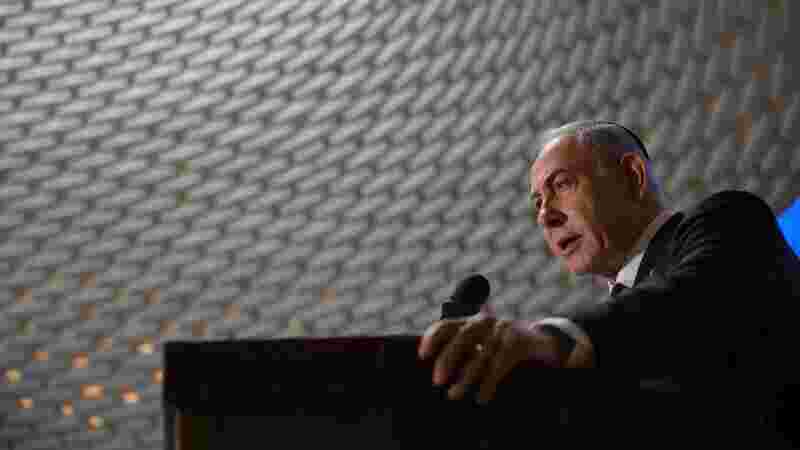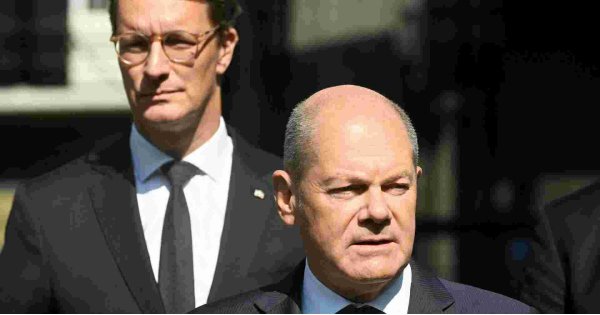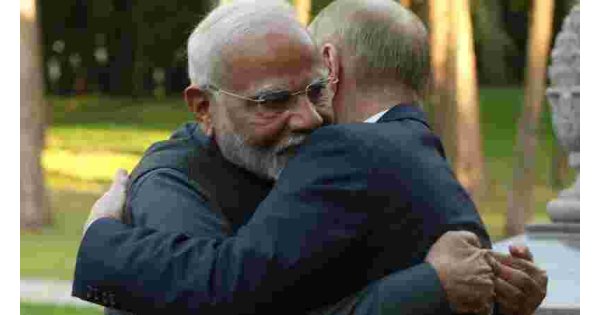Israeli Prime Minister Benjamin Netanyahu touched down in Washington on Monday, but the fanfare that usually greets such visits was noticeably absent. The original purpose of his trip – meetings with top US officials and a coveted address to Congress – has now been overshadowed by the shocking announcement that US President Joe Biden will not seek reelection. However, as ceasefire negotiations enter their third week, Netanyahu's visit remains crucial for the potential cessation of hostilities in Gaza.
According to senior US officials, a deal is within reach. However, it may hinge on answering a critical question: Does Netanyahu truly want a deal? Conventional wisdom in Israel, permeating media, politics, and street discussions in Tel Aviv, suggests that the answer is no. The prevailing belief is that Netanyahu has more to gain by prolonging the war and stalling any agreement.
The conflict has provided Netanyahu with a convenient distraction from the failures that led to the October 7 attacks, allowing him to sidestep calls for new elections and bolster his image as a strong wartime leader. In fact, his party's prospects in the next election have improved recently, and the right-wing coalition partners propping up his government have threatened to walk if he agrees to a deal that ends the war. Even Biden has suggested that Netanyahu is prolonging the conflict to cling to power.
Netanyahu's recent actions have done little to dispel these suspicions. He reneged on a key concession regarding unrestricted Palestinian access to northern Gaza and now insists on maintaining Israeli control of the Philadelphi Corridor, a strategic border buffer zone. His public rhetoric has also undermined confidence in Israel's commitment to reaching a deal.
However, there is a contrasting narrative at play. Netanyahu and his negotiating team have actively participated in talks with Hamas, exchanging proposals and bringing the two sides closer than ever to a potential agreement. This reflects the growing demands from the Israeli public, particularly the families of hostages held in Gaza, for a deal to be struck.
Shortly after his arrival in Washington, Netanyahu met with these families and offered a glimmer of hope. He asserted that a deal to secure the hostages' release could be imminent, crediting the intense pressure Israel has placed on Hamas. Netanyahu's allies maintain that he sincerely wants a hostage release deal, but one that allows Israel to retain the option of resuming fighting in Gaza.
Netanyahu's visit to Washington, typically an opportunity to bolster his domestic political standing, now carries an undercurrent of tension. While he will showcase his support in Washington, particularly from a majority of lawmakers in Congress, top US officials and lawmakers will also use this visit to apply pressure and encourage a deal, both publicly and behind closed doors.
Central to this effort will be Biden himself, who will meet face-to-face with Netanyahu for the first time since his dramatic show of support during his October visit to Israel. The warmth of that visit is likely to be replaced by a chillier tone, reflecting Biden's growing criticism of Israel's war in Gaza, where, according to the Palestinian Ministry of Health, more than 39,000 Palestinians have lost their lives.
Netanyahu, for his part, has resisted US pressure and often publicly challenged the White House. Even as Biden has maintained strong support for Israel, he became the first president since Ronald Reagan to withhold certain munitions, suspending shipments of 2,000-pound bombs over concerns about civilian casualties in Gaza.
In the days leading up to his US trip, Netanyahu doubled down on his defiance, touting his refusal to yield to Biden's pressure to end the war and abandon a planned offensive in Rafah. Now, with Biden's decision to step away from reelection just two days before their meeting, the dynamic between the two leaders is poised to shift even further, though the precise nature of that shift remains unclear.
Netanyahu will be the first foreign leader to engage with the now-lame-duck president, who still wields significant power during his remaining six months in office. Biden, freed from the constraints of electoral politics and with a sharper focus on his legacy, may approach Netanyahu, the Gaza conflict, and US policy toward Israel differently. The question is whether Netanyahu will feel compelled to respond to this shift.
As Netanyahu contemplates this new dynamic, his keen eye on US politics may turn to former President Donald Trump. Trump has a history of unwavering support for Israel and has criticized Biden's attempts to curb Israel's actions in Gaza. During his speech at the Republican National Convention, Trump issued a warning regarding the hostages, but he has also urged Israel to bring the war in Gaza to a swift conclusion.
However, Netanyahu's relationship with Trump has cooled since the 2020 election. In an interview, Trump expressed disappointment that Netanyahu had been one of the first to congratulate Biden and that he hadn't spoken to him since.
During his time in Washington, Netanyahu will have ample opportunity to gauge the sentiments of Trump allies and assess whether their support remains steadfast. As of now, there are no known plans for a meeting between the two.
Netanyahu’s visit to the US could be crucial to a ceasefire deal. But does he want one?
Netanyahu will land in Washington on Monday to far less fanfare than he would have expected just a day earlier after Biden’s decision to drop out of the presidential race. But as ceasefire negotiations stretch into their third week, Netanyahu’s visit will





